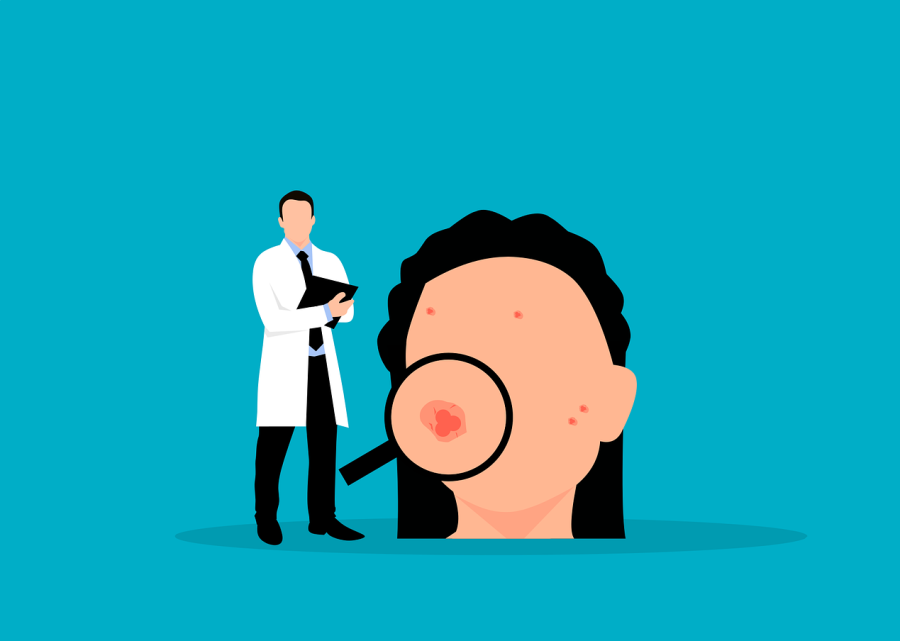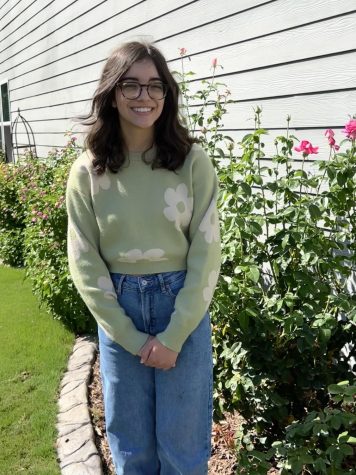Acne torments teens
February 23, 2022
The battle between acne and young people has persisted for thousands of years, dating back to ancient Egyptian times. From using honey to modern-day treatments to manage acne, these small skin inflammations continue to persist on humans.
“I started to experience acne at 12 years old. Still, I experience acne a lot. Maybe once a week,” freshman Hannah Bier said.
Otherwise known as acne vulgaris, acne is one of the most common skin conditions dermatologists treat today. Affecting 80% of humans between the ages of 11 to 30 years old, pimples appear on people’s skin from pores that become clogged with naturally-produced oil, sebum, and dead skin cells. Acne can pop up in many places around an individual’s body.
“Acne usually appears on your face and, like, around your arms. It can also show up on your back. [Acne] can really pop up in a lot of places,” freshman Ashley Carmer said.
The influences behind acne production are thought to be mental health, puberty, and bodily functions such as sweat.
“I feel like sweating and stress can influence acne production, and hormones too,” Carmer said.
Whiteheads, blackheads, and cystic acne are all examples of the multiple types of pimples someone can develop. Whiteheads are clogged hair follicles that remain under one’s skin. A blackhead is a plugged hair follicle that opens on the skin’s surface. Cystic acne (also known as nodular acne) are painful and severe lesions that are filled with pus.
Pustules and nodules are also other types of pimples. Pustules are yellow-pus-filled lesions that can lead to scarring when bothered, and nodules are painful bumps that are recommended to be treated with dermatologist help due to their ability to scar skin. To avoid breakouts of these pimple types, teenagers tend to use unscented face wash to clean their faces.
“I used to get acne a lot, but I started washing my face, and that helped a lot. When I wear my mask, I get pimples on my chin because of all the moisture that builds up in my mask, so it’s always good to clean my face after a long day of school,” sophomore Elise Arnold said.
Besides face washing products, other products on the market exist to control breakouts.
“I use aloe vera face masks to clean my face and other facemasks,” Bier said.
As hormonal changes occur, many teenagers wonder what advice to give to a younger self or others who are experiencing a breakout for the first time.
“Always wash your face, don’t eat certain foods that make you break out, don’t scrub your face too harshly, and try not to pop your pimples. These are all ways to take care of your face,” Arnold said.


